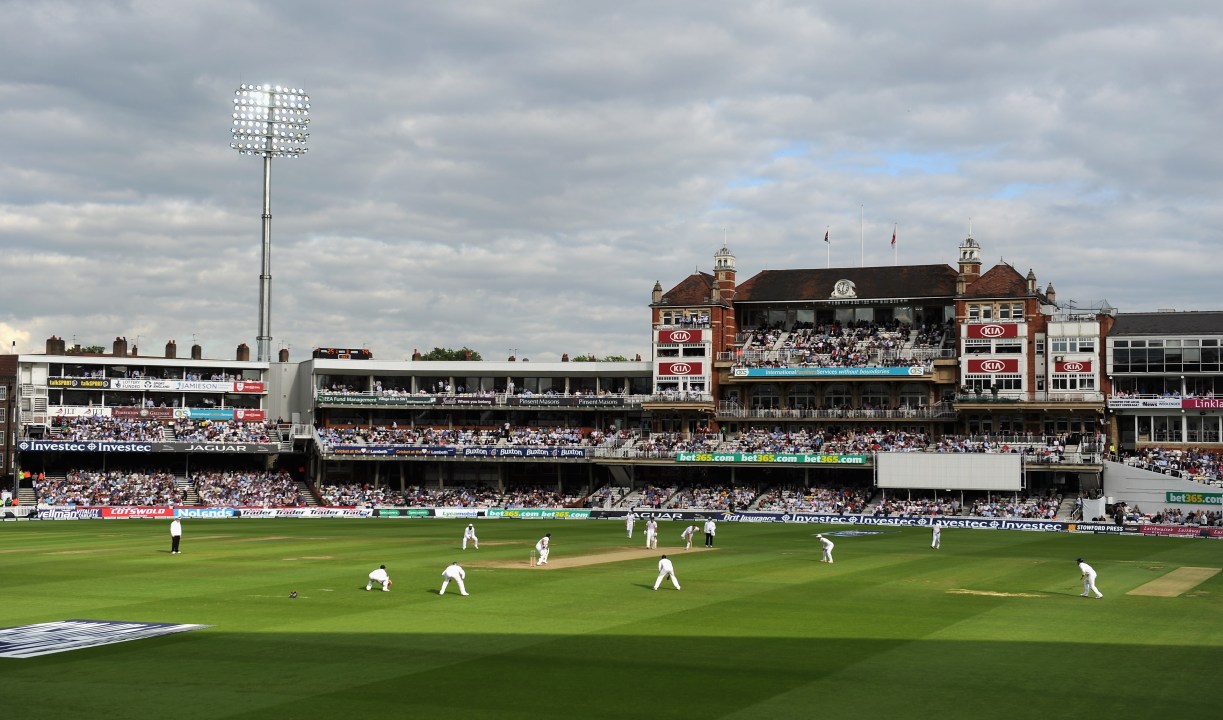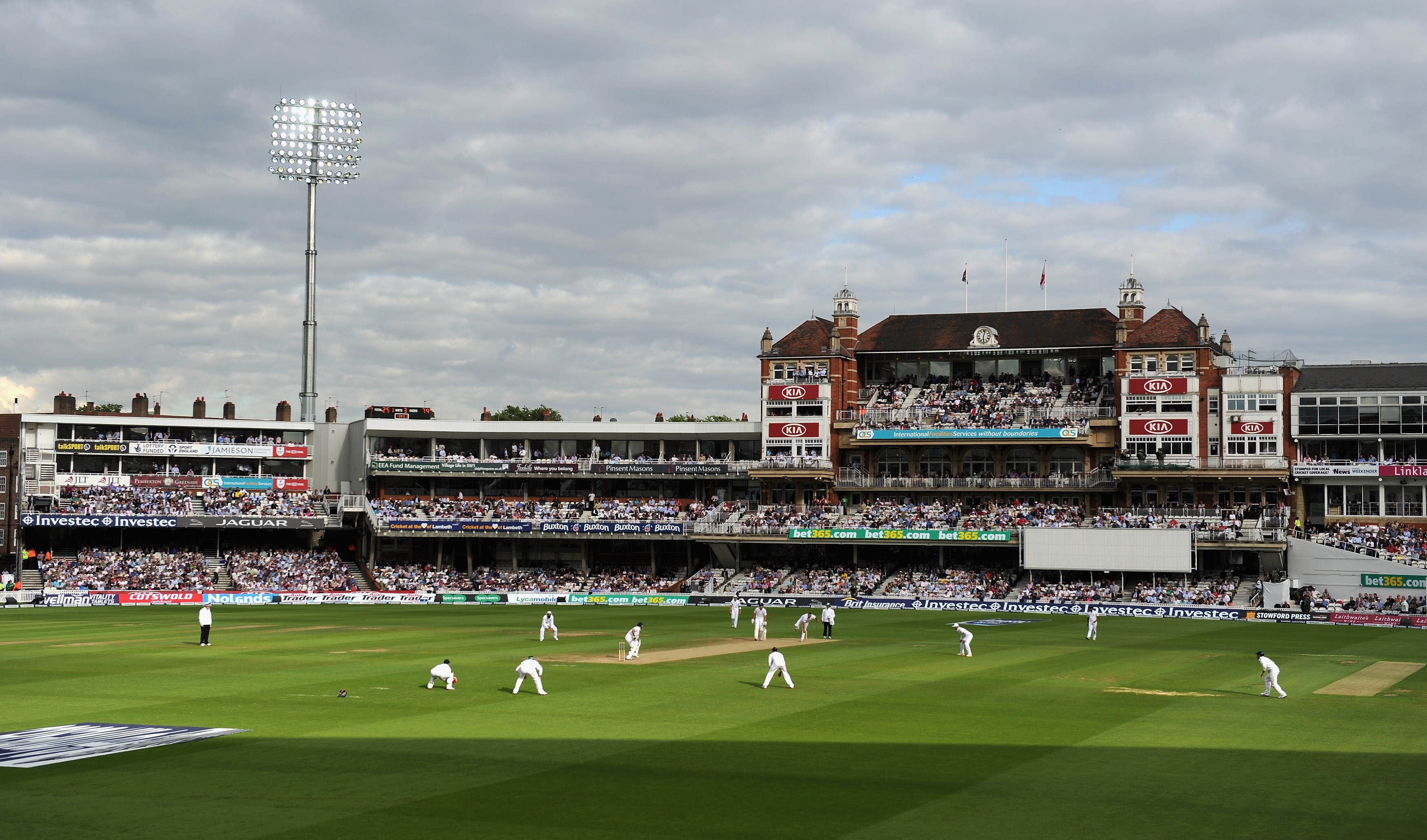Almost no idea is rotten enough that it can’t or won’t be defended by some scoundrel somewhere.
Even so, the equanimity with which some folk have greeted the proposed ICC coup is startling. Sure, the likes of Andy Bull, Mike Selvey and Simon Wilde each note that the ECB-CA-BCCI takeover is seriously flawed but, gosh, something needs to be done about the International Cricket Council and, by jove, this is at least something. Besides, Giles Clarke and his two pals say they wish to protect test cricket so we should take that assurance at face value and all will be well. Or something.
I must say that seems an oddly credulous approach but there you go. I suppose it rests upon the notion that the countries that help the ICC make profits from the World Cup and other events should enjoy a greater share of the proceeds from those events. In the name of fairness we must sow unfairness.
But it is surely telling that few of the people even semi-defending the troika’s coup actually spell out just how inequitably future revenues would be divided. At present surpluses from ICC events such as the World Cup are split equally between the test-playing nations (money is also given to smaller countries). The new plan cuts in half the money given to associate and affiliate members and revamps the payments to test nations on a What You Bring to the Party basis.
Under the current agreement each full member received $117m. Under the troika’s plan payments would be calculated differently. If the next round of ICC media rights (2015-2023) are sold for $2.5bn then, instead of equal shares, the money will be divided in this fashion:
India $568m, England $173m, Australia $130m, South Africa $93m, Pakistan $95m, West Indies $80m, New Zealand $75m, Sri Lanka $80m, Bangladesh $68m and Zimbabwe $65m.
In other words, the people who don’t need the money will get it and the people who need it won’t. We are asked to believe that cricket in, say, New Zealand or the West Indies will thrive on less money. We are asked to believe that a few millions to subsidise “uneconomic” test tours makes up for everything else. Poppycock. Of course it doesn’t. If it did it would scupper the whole plan which is a) to tie India to the ECB and Cricket Australia and b) make sure the Big Three get richer at the expense of everyone else. If New Zealand or the West Indies were to be better off you’d need a different plan. The point of it is that medium and lower ranking boards will be worse off.
This, remember, is only revenue from ICC events. The ECB, BCCI and CA are already rich thanks to their domestic television deals. You may also care to note that the BCCI endorses revenue-sharing on an equal basis when it comes to its beloved IPL only to reject just that philosophy when asked to apply it to international cricket.
The Indian, English and Australian boards appear to have forgotten that in sport it kinda helps to have an opponent. And if that opponent is good then so much the better. There’s no competition without the other guy and the better your opponent the better – and more valuable – your competition is.
A World Cup without India would be reduced in interest and value (though not by the 80% sometimes claimed) but a World Cup without, say, New Zealand, Sri Lanka and the West Indies would also be a lesser creature, lacking interest, diversity and colour. Everyone has a part to play; they deserve the same rewards.
In any case India and the BCCI are not the same things. The Indian cricket fan does not belong to the BCCI anymore than you or I belong to the ECB. We watch cricket for our own reasons and often one of those reasons is that we wish to watch great players from other nations.
India , England and Australia already enjoy serious advantages relative to every other cricketing country. There is no need to clip their wings but finding ways in which to boost the other members is more important than further feathering already comfortable nests. A stronger Sri Lanka or a revived West Indies is good for everyone else too. Cricket, in this sense, marches at the pace of its slower members. Competitive cricket is, or should, be the goal. Which means sharing the proceeds of ICC events – owned, in the end, by the boards themselves – equitably.
Writers, of course, are only writers but cricket has usually been fortunate in its chroniclers. I have been struck, for instance, by the ferocity of Gideon Haigh’s assault on these proposals. This is typical:
[W]hat does their grand plan principally involve? Basically arrogating to themselves still more power and gouging themselves much, much more money. It reforms nothing of consequence. It wrings resources from those who need it most to benefit those who need it least, while the laggard full members, shoddily governed and financially brittle, will in all likelihood remain exactly as they were, and probably deteriorate, as they grow more depleted and desperate. It is basely, crudely, crassly cynical.
To remedy poor standards of governance, the big three have offeredworse: a scheme cooked up in secret, with bogus reasoning, unsupported assertions, manipulated figures, opaque calculations, devoid of comparative analyses, full of imputations about management to which no opportunity for response has been offered, injected with a contrived sense of urgency, and geared to a vote that is nothing short of an ultimatum. In the manner in which they have approached their task, then, they have proven themselves unworthy of the authority they demand. Because then they have the nerve to say: trust us. Checks? Balances? We don’t need those. We’re the good guys. Well, we’re the rich guys anyway, but that’s what ‘good’ means nowadays, isn’t it?
And here’s Mike Atherton in The Times:
There are so many objections to this paper it is difficult to know where to start. With Test cricket, which may wither as a true international competition as the weaker nations are financially enfeebled (in a relative sense). With the World Test Championship, promised and now abandoned without a ball being bowled. With the associates, who will lose out to the tune of more than $300 million (about £182 million) on assumption the revenues for the next eight-year cycle will be in the region of $2.5 billion. With the tone of the proposal, which is so arrogant and high-handed as to recall an earlier age when the organisation began as the Imperial Cricket Conference.
As noted by Ehsan Mani and Malcolm Gray, former presidents of the ICC who, along with Malcolm Speed, the former chief executive, and Clive Lloyd, the former West Indies captain, who sent a last-minute plea at the weekend to the ICC executive to pause before voting these measures through, this is the end of an ideal. The end of the notion that a fair and principled and just body can govern cricket in the interests of all.
So that’s Australia’s best cricket writer and England’s finest in alliance. Not enough, I know, to persuade the boards they are wrong but something, I should think, that might make even those folk minded to give the troika the benefit of the doubt some pause for thought. Atherton and Haigh may be wrong (and like everyone else they agree reform is needed at the ICC) but I don’t think they are.
Far from bolstering test cricket, this proposal has the potential to sink it. Moreover, far from keeping India quiet it is a plan that seems likely to whet Indian appetites for more of the same. Having capitulated on this – or, if you prefer, having made a virtue of their hostage status – what will stop India holding the rest of the world to ransom again? Nothing.








Comments